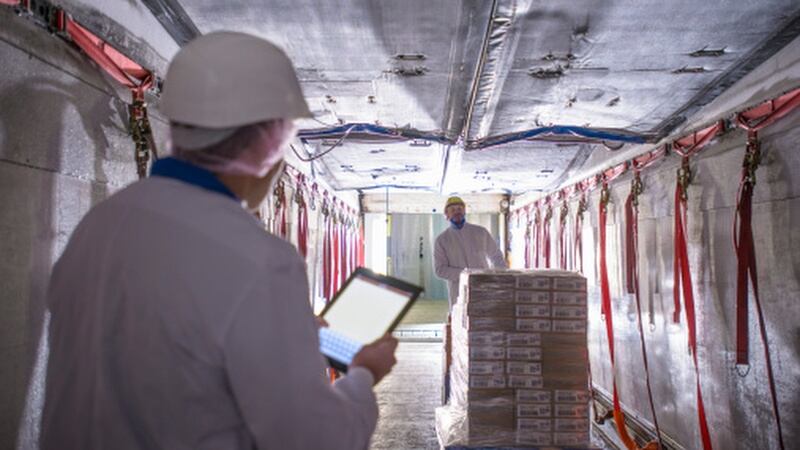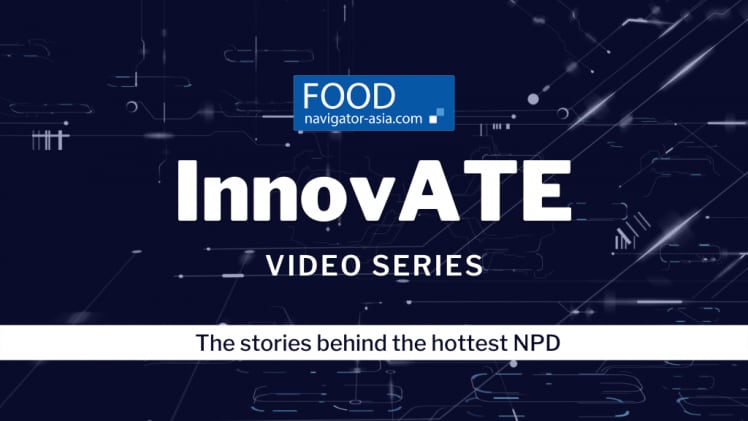This was the conclusion drawn by an expert panel that convened at the recent Food and Beverage Innovation Forum (FBIF) in Shenzhen, China, which comprised of Nestle Oceania Regional Supply Chain Executive Director and SVP Tony Domingo and Rabobank China CEO Harjan Kuiper.
According to Domingo, these changes need to be made from the very top or even the best strategies in the world will not be able to benefit a company’s supply chain management.
“There has been a lot about sustainability and improving supply chain management since COVID-19 showed us how it is possible for disruptions to have such a large impact, but any improvements that are made need to have top-level support and commitment or these will not have the desired effects,” he told the floor.
“Whether it is the CEO, the Managing Director, the Vice President – this leader must have the foresight and determination to put pre-planning for potential disruptions in place, with the awareness and acceptance that there is always a more than 10% probability that risks can and will happen.
“The more a leader or leaders is prepared to plan ahead, the better the organisation will be equipped to deal with and mitigate challenges that arise, and the higher the likelihood will be that employees will work together to weather the situation without fingers being pointed right and left.”
Kuiper added that one of the key pre-planning strategies that need to be in place is the early identification of alternate sourcing routes for key ingredients and raw materials needed to keep operations going.
“We saw during the pandemic that in Singapore for example, egg supplies fell short due to limited local production and its long-time supplier Malaysia choosing to stop exports – eventually Singapore managed to identify alternative sourcing from Poland and other markets, but the outcome could have been much worse,” he said.
“This clearly showcases how important it is to identify alternative sourcing areas as backups early on to prevent such situations.
“It has become much more important given the global economy today, where various commodity prices continue to face inflation and we can also foresee additional costs coming up from policies such as the EU deforestation regulation.”
He highlighted alternative proteins as a potential alternate source to improve food security across the region, citing benefits in terms of sustainable and variable production.
“Technologies to produce plant-based or cultivated products can enable countries to make more of their own food and thus improve food security whilst also serving to mitigate potential supply chain disruption risks,” Kuiper said.
Start-ups amidst adversity
Given the growing concerns surrounding supply chain vulnerabilities today, it would seem counter-intuitive for newer enterprises to try their luck at this time – but in fact start-ups are mushrooming up in the food and beverage industry at a faster pace than ever before.
“The true strength of start-ups is in the pace of innovation, which is even more important in these times,” Domingo said.
“This is where collaboration comes in as big firms can help to support these endeavours – the important thing is to work together in a respectful and transparent manner so that the window for collaboration remains open.”
Kuiper concurred, adding that one of the reasons many start-ups have been emerging lies in the value of the impact they believe they can make.
“This is not only in the eyes of the entrepreneurs, but also the investors and banks which support them,” he said.
“In the old days, there was basically no choice for investors but to take a risk; today the main focus for many of them is on the positive impact that a potentially successful start-up’s product can make, given the understanding that no investment is going to ever be risk-free.”





